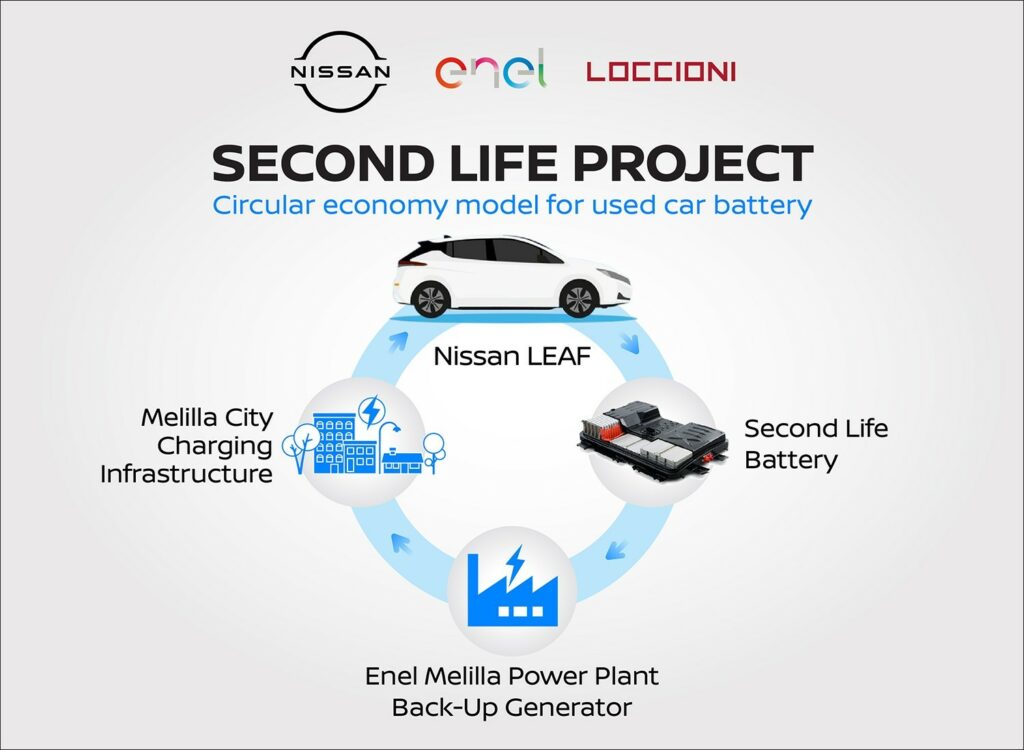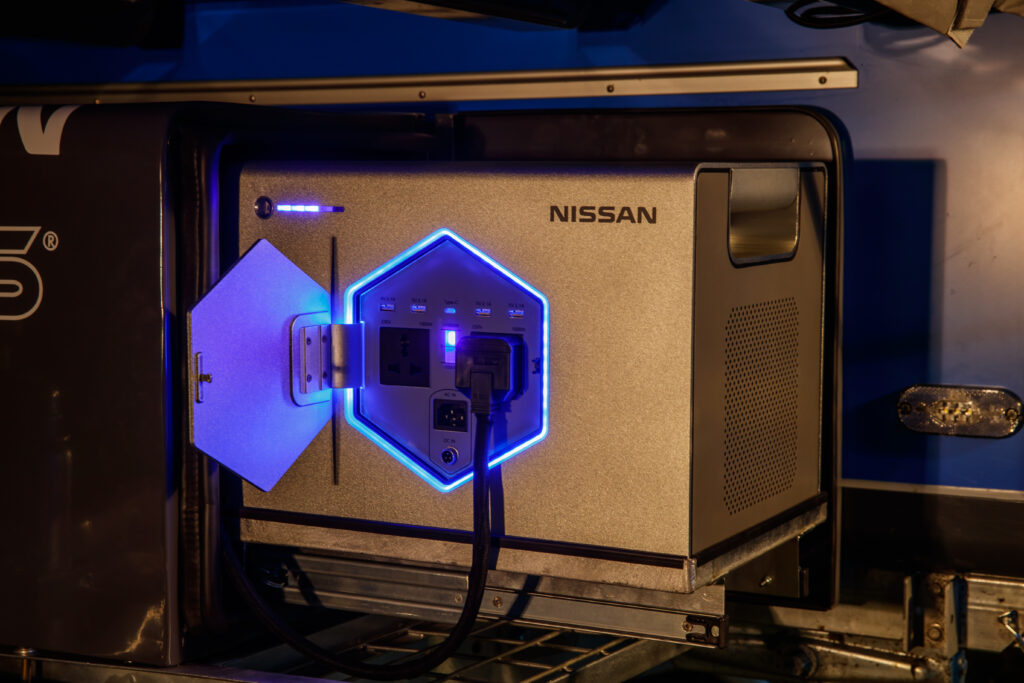S h a r e
What happens to old electric car batteries?

Posted by
Charlie Strand
February 2023
Are electric car batteries an environmental disaster waiting to happen, dumped into landfill and left to deteriorate while leaching toxic materials into the ground? Or are they recycled and repurposed? What’s the truth?
First, electric car batteries last a very long time. Stories of them wearing out after a few years are little more than uninformed hearsay.
Toyota, the biggest car company in the world, confidently gives a 10-year warranty on the batteries of its new BZ4X electric SUV.
This guarantees that, even after 150,000 miles, the car’s battery will still boast 90 per cent of its original capacity. Most other car companies offer an eight-year guarantee. EV battery life is certainly not something fleet car drivers need to worry about.
“The battery will outlive the car,” confirms National Grid head of future markets, Graeme Cooper. Don’t compare electric car batteries to phone or laptop batteries, he urges; EVs have something called a battery management system, or BMS, which optimises how each cell is charged. “The BMS preserves battery efficiency and life. Most EV batteries have a life expectancy of 15 to 20 years.”
Because electric car batteries are so intricately designed, manufacturers can even identify rogue or below-par cells, so these individual elements can be replaced, rather than the whole battery. This could help further extend the life of EV batteries.
Eventually, though, even the most robust electric car batteries will begin to age. So what happens then?

The first step is a ‘second life’ for the batteries. The automotive industry sets high standards for battery capacity and charging intensity – and just because an old battery falls outside these parameters, that doesn’t mean it can’t be used elsewhere.
Used Tesla batteries, for example, are increasingly being harnessed for home energy storage, and other car companies are starting to establish energy storage packages. Power companies are also investigating using old EV batteries as large-scale ‘buffers’ for the grid. They could be ideal for storing energy produced by renewable sources, such as wind or solar power, rather than letting it go to waste on gusty or sunny days. Such opportunities for using old electric car batteries will only grow as more EVs take to the roads.
Eventually, when old electric car batteries truly reach the end of their useful life, they will be recycled. Because they are so robust and long-lasting, this industry is still in its infancy, but battery suppliers and car companies alike already have plans in place, as part of their End of Life Vehicle (ELV) requirements. It is in their interests, too; all the rare earth materials within a battery are still worth money – and saving for recycling – even at the end of its life.
One thing that certainly won’t happen will be the dumping of electric car batteries in landfill or in scrapyards.

Batteries are far too valuable for such a fate. This means they will be managed in a very green, clean and methodical way, which is great news for the environment.
Recycling electric car batteries may also take the pressure off discovering and mining new supplies of rare earth materials. It’s likely that car manufacturers will establish ‘closed loop’ solutions to make full use of the batteries in their network, from cradle to grave. If they are able to extract full value across the lifetime of the battery, this will help reduce prices for new EVs.
When it comes to the lifecycle of electric car batteries, we are just getting started. How quickly old batteries become truly commoditised is going to be crucial in helping make electric cars increasingly more affordable.
Case study of recycled battery use
Nissan EV batteries enhance grid stability in Melilla
Nissan and Enel have formed a partnership to launch a Second Life project to recycle used EV batteries based on circular economy principles.
The project combines used Nissan electric vehicle batteries at a conventional power plant in Melilla, Spain, which is operated by the Enel Group’s Spanish subsidiary, Endesa.
The project enhances grid stability to help meet the needs of an isolated network. The recycled batteries are assembled in a large stationary storage system. This system is integrated with Endesa’s Melilla facility to avoid supply interruption during events of excessive load, while also improving the reliability of the grid and securing the continuity of network service to the local population. The back-up generator is composed of 48 used Nissan LEAF batteries and 30 new ones.
Melilla has a population of almost 90,000 inhabitants served by a local electricity network, which is powered by Endesa’s plant and isolated from the national distribution grid.
You also might like…
If you liked this article then check out our posts about similar topics
First Drive: Why Audi’s Q4 e-Tron matters
The Company Car Sweet Spot for future-proofing your Fleet An Audi badge says professional without drifting into show-of...
First Drive: Jaecoo 7 – Range-Rover Looks on a £30k Budget
Why this newcomer matters China’s Chery Group is taking the UK by storm with a two-brand strategy: Omoda targets mains...
Good-enough lease rates aren’t good enough anymore: Introducing Multi-Bid Tendering
In a climate of persistent inflation, unpredictable tariffs and relentless cost pressure, “we’ve always done it this...
Become a Fleet Alliance business partner
I am writing to you about the opportunity to become a business partner of Fleet Alliance The commercial arrangement a...
Charting a Greener Course: Chris Rowthorn signs the Business Wales Green Growth Pledge
When seasoned automotive finance professional Chris Rowthorn left MotoNovo after more than two decades to become a Flee...
Outsourcing Your Fleet: 10 Reasons Fleet Alliance Makes Perfect Sense for Busy Fleet Managers
Running a large corporate fleet means you’re under constant pressure to hit cost, compliance, and sustainability targe...
What makes Fleet Alliance a winner in the SME fleet sector?
We all like an award, an additional trophy for the cabinet - the recognition is important and it’s always good to rece...
10 great cars to have on salary sacrifice 2025
Employers and employees are really catching on to salary sacrifice because you can drive a brand new electric car (EV) a...
Ready to make the management of your fleet more efficient?
Request a call back
